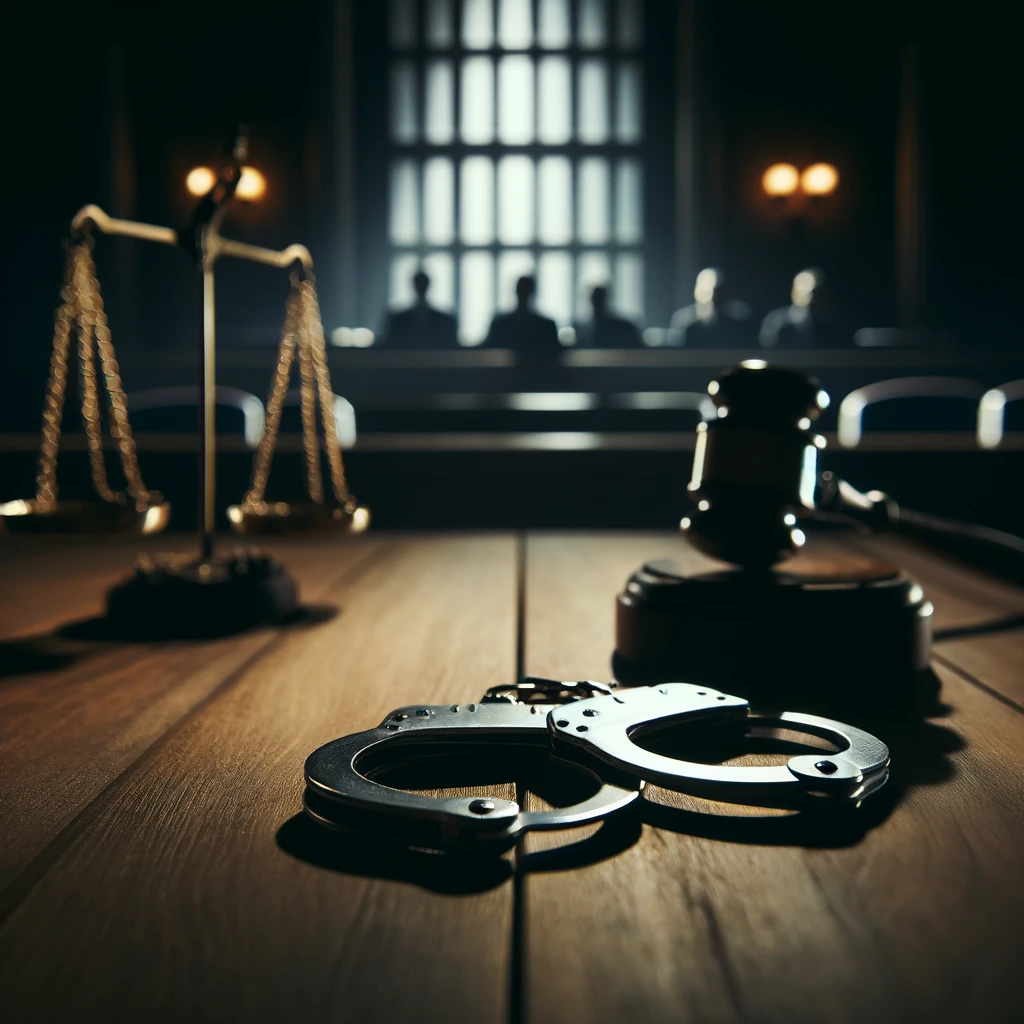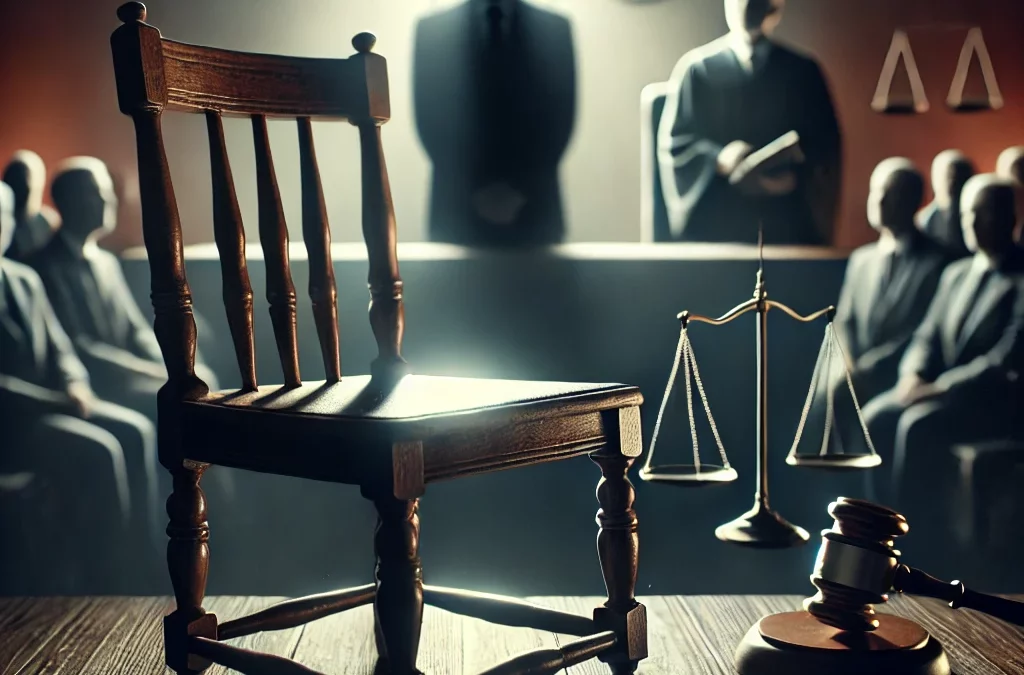Wrongful convictions represent one of the gravest injustices within the legal system, where innocent individuals are punished for crimes they did not commit. This post delves into the causes, impacts, and efforts to rectify wrongful convictions, highlighting the ongoing struggle for justice and reform.
Background
A wrongful conviction occurs when a person is found guilty of a crime they did not commit, often due to flawed legal processes, inadequate defense, or prosecutorial misconduct. These miscarriages of justice can lead to devastating consequences for the innocent, including loss of freedom, reputation, and even life.
Key Issues
Several factors contribute to wrongful convictions, including eyewitness misidentification, false confessions, forensic errors, and ineffective legal representation. Addressing these issues is crucial to preventing future injustices.
Eyewitness misidentification is the leading cause of wrongful convictions. Studies have shown that human memory is fallible and can be influenced by various factors, including stress and suggestive identification procedures. For example, in the case of Ronald Cotton, he was wrongfully convicted of rape and burglary in 1984 based on a mistaken eyewitness identification. He spent over a decade in prison before DNA evidence exonerated him.
False confessions occur when individuals admit to crimes they did not commit, often due to intense interrogation tactics or psychological pressure. A notable example is the Central Park Five case, where five teenagers falsely confessed to a brutal assault and rape in New York City in 1989. They were later exonerated in 2002 after DNA evidence proved their innocence.
Forensic errors, such as improper testing methods or misinterpretation of evidence, can also lead to wrongful convictions. The case of Steven Avery, wrongfully convicted of sexual assault in 1985 due to faulty forensic evidence, underscores the importance of accurate and reliable forensic practices. Avery was exonerated in 2003 after serving 18 years in prison.
Ineffective legal representation can result from underfunded public defense systems or inexperienced attorneys. This was evident in the case of Anthony Ray Hinton, who spent nearly 30 years on death row for murders he did not commit. His lawyer failed to provide an adequate defense, and it was only through the efforts of the Equal Justice Initiative that Hinton was exonerated in 2015.
Impact on the Innocent
The impact of wrongful convictions on individuals and their families is profound. It can result in emotional trauma, financial hardship, and lasting damage to personal relationships. The fight for exoneration can take years, often leaving scars that never fully heal.
The emotional trauma of being wrongfully convicted cannot be overstated. Innocent individuals face the mental anguish of being incarcerated, often in harsh conditions, and the stigma associated with being labeled a criminal. The psychological toll can include depression, anxiety, and post-traumatic stress disorder (PTSD).
Wrongful convictions often lead to severe financial hardship. The costs of legal defense, lost wages, and the difficulty of finding employment after release can leave individuals and their families in dire financial straits. Compensation for wrongful convictions is often inadequate or non-existent.
The strain of a wrongful conviction extends to personal relationships. Families are torn apart, and social bonds are fractured. The case of Kirk Bloodsworth, wrongfully convicted of murder and sentenced to death in 1985, illustrates this. His marriage ended, and he struggled to rebuild his life after being exonerated in 1993 by DNA evidence.
Efforts Toward Exoneration
Organizations such as The Innocence Project work tirelessly to exonerate wrongfully convicted individuals through DNA testing and legal advocacy. Their efforts have led to the release of hundreds of innocent people, shedding light on the need for systemic reform.
The Innocence Project, founded in 1992 by Barry Scheck and Peter Neufeld, has been instrumental in using DNA evidence to overturn wrongful convictions. To date, they have helped exonerate over 375 individuals in the United States, highlighting the flaws in the criminal justice system and advocating for reforms to prevent future injustices.
Beyond exonerations, The Innocence Project and similar organizations push for legislative changes to prevent wrongful convictions. This includes advocating for improved forensic standards, mandatory recording of interrogations, and better access to post-conviction DNA testing.
Case Studies / Examples
One notable case is that of James Bain, who spent 35 years in prison for a crime he did not commit. In 1974, Bain was wrongfully convicted of kidnapping and rape based on erroneous eyewitness testimony. In 2009, DNA evidence proved his innocence, making his case one of the longest periods of wrongful incarceration in U.S. history.
Expert Insights
Legal experts emphasize the importance of reforms to prevent wrongful convictions, including improved forensic practices, better defense resources, and oversight of prosecutorial conduct. By addressing these areas, we can work towards a more just and equitable legal system.
Experts call for stringent standards and accreditation for forensic laboratories to ensure the reliability of evidence. The National Academy of Sciences report in 2009 highlighted the need for reforms in forensic science to prevent errors that contribute to wrongful convictions.
Ensuring that defendants have access to competent legal representation is crucial. This includes adequate funding for public defenders and continuing legal education for defense attorneys. The case of Clarence Earl Gideon, whose Supreme Court case in 1963 established the right to counsel, underscores this need.
Prosecutorial misconduct, such as withholding exculpatory evidence, can lead to wrongful convictions. Implementing oversight mechanisms and holding prosecutors accountable are essential steps in preventing such injustices. The Duke Lacrosse case, where prosecutorial misconduct led to the wrongful indictment of three students, highlights the importance of accountability.
Conclusion
The tragedy of wrongful convictions underscores the urgent need for comprehensive legal reform. By acknowledging and addressing the flaws within the justice system, we can help prevent future injustices and ensure that the innocent are protected.
If you or someone you know has been wrongfully convicted, seek assistance from organizations dedicated to exoneration and legal reform. Your efforts can contribute to the broader fight for justice and prevent further wrongful convictions.
Additional Resources
References
- National Center for State Courts: Judicial Misconduct Resource Guide
- Bureau of Justice Statistics: Wrongful Convictions
- National Academy of Sciences: Strengthening Forensic Science in the United States
Hashtags: #WrongfulConvictions #JusticeReform #Exoneration #LegalSystem #MiscarriageOfJustice #LegalAdvocacy #InnocenceProject



Hey people!!!!!
Good mood and good luck to everyone!!!!!
You have remarked very interesting details!
ps decent web site.Blog monry